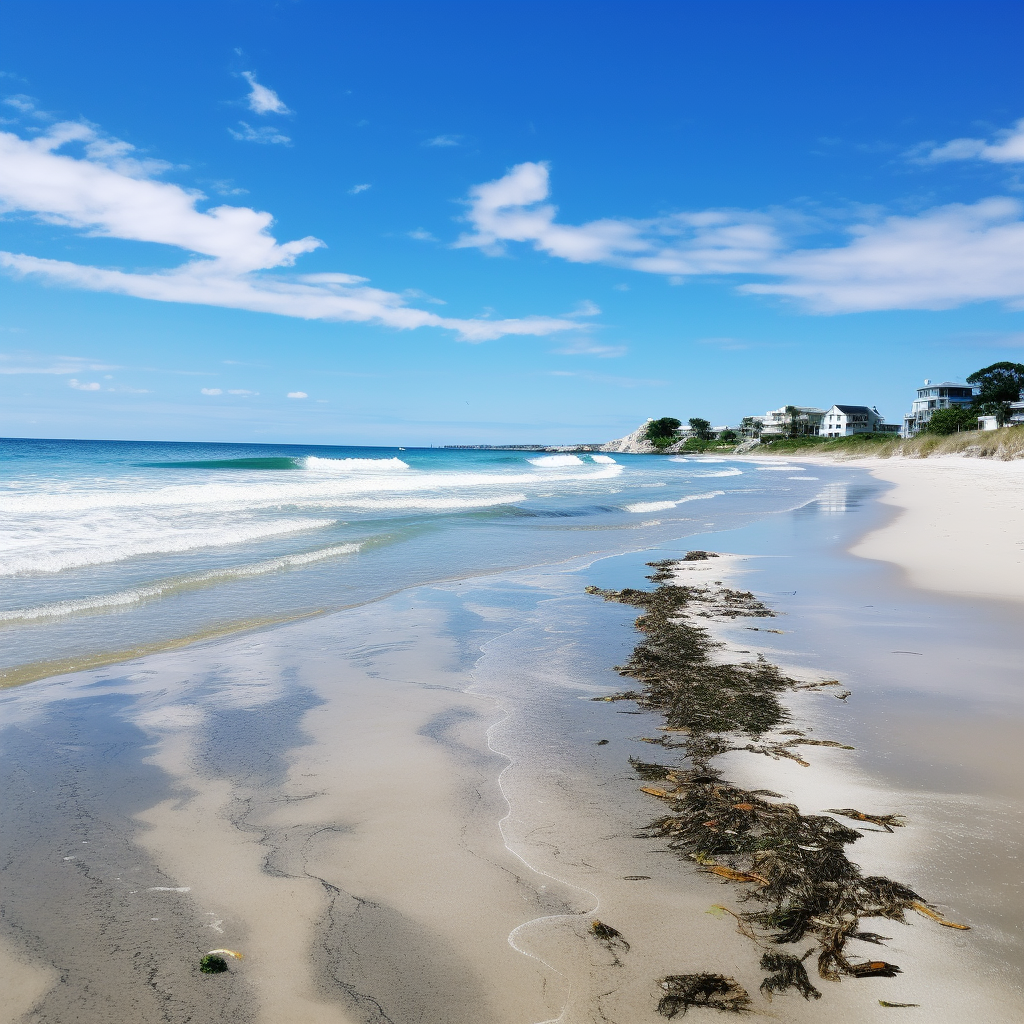September 13, 2023
Climate Change & Bacterial Threats – New England’s Beach Impact
Book a Demo
The beautiful beaches of New England are under a growing threat – a bacterial onslaught that is exacerbated by the continuous changes in our climate. These changes lead to more frequent beach closures and swimming advisories, disrupting not only the enjoyment of beach-goers but also the ecosystems that thrive in these coastal spaces.
Health and environmental groups are on the front line, testing beach waters for potentially harmful bacteria such as fecal coliform and cyanobacteria. Both types of bacteria pose significant health risks, prompting rigorous and regular testing to ensure the safety of our waters.
State law mandates this testing for fecal bacteria, and beaches may be forced to close if bacteria concentrations reach dangerous levels. Although not required by state law, testing for cyanobacteria is often carried out due to its potential to harm both human beings and marine life.
Fecal bacteria can find its way into our waters through a variety of channels. Rainwater runoff, which can carry fertilizer, wild animal feces, and pet waste, is one such source. Another is sewage overflow, a concerning occurrence that can dramatically increase bacteria levels in our waters. Cyanobacteria growth, meanwhile, is aided by the nutrients found in fecal matter, making it a doubly concerning issue.
Climate change is playing a significant role in this growing problem. Rising temperatures lead to warmer waters, a condition that facilitates the growth of bacteria. Additionally, heavier rainfall can result in increased runoff and sewage overflow, contributing to the proliferation of these harmful bacteria species.
In Boston, for example, numerous local beaches are closing due to bacterial overgrowth. This situation highlights the indirect role climate change plays in creating ideal conditions for bacterial proliferation. Bostonians are thus faced with the reality of their favorite swimming spots becoming increasingly off-limits.
Several beaches have reported high levels of enterococci bacteria, which can cause gastrointestinal illnesses in humans. This poses a significant public health risk, necessitating the closure of these beaches until bacterial levels are brought under control.
Bacterial levels are closely monitored, and beaches are closed when necessary for public health protection. Yet, debates continue over whether this bacteria is a naturally occurring phenomenon or if it is introduced via pollution and other human activities. As we continue to grapple with the effects of climate change, these questions become more pressing, and the need for vigilant monitoring and effective solutions grows ever more urgent.



